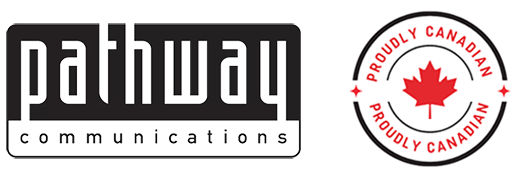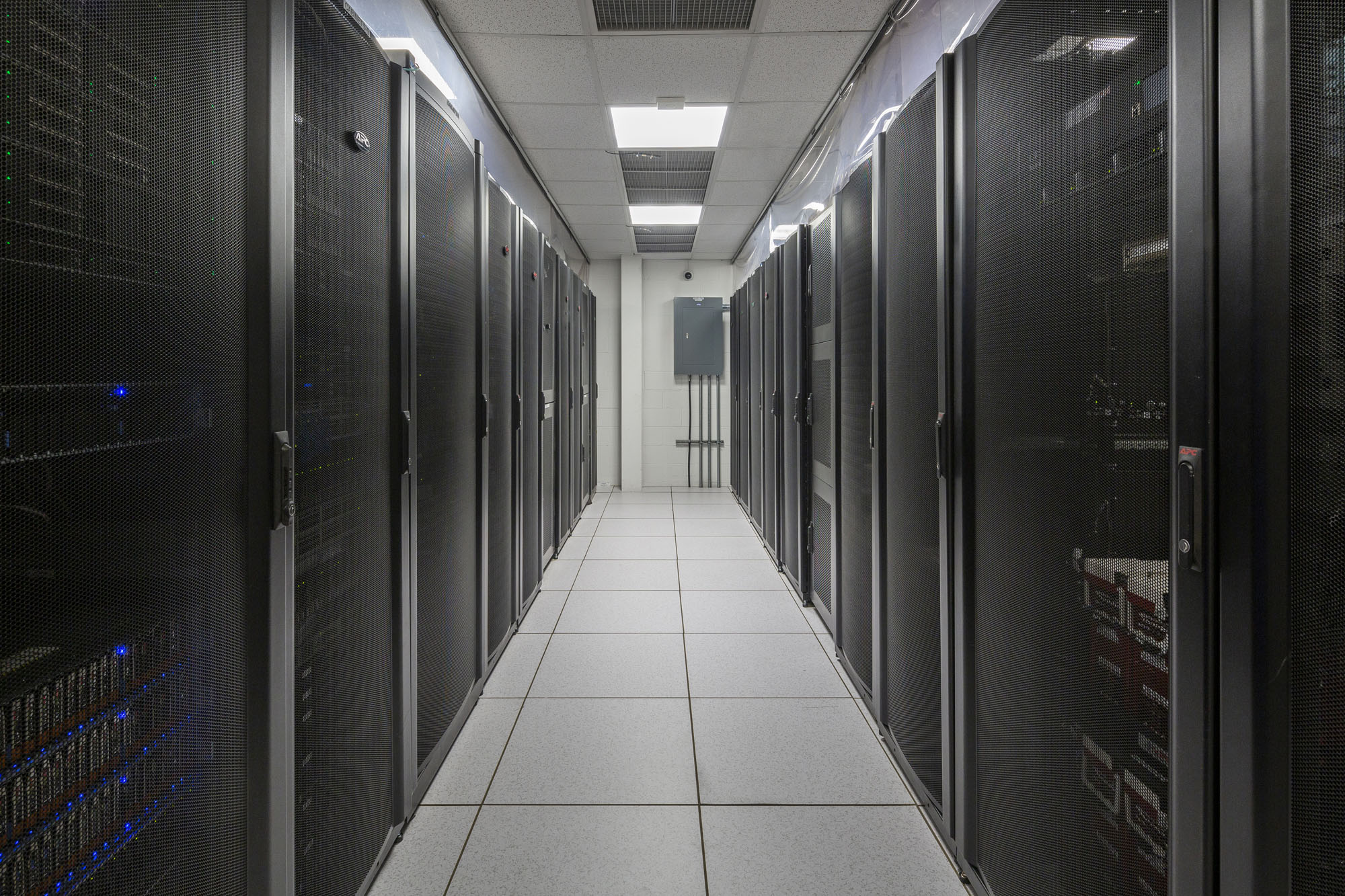Business continuity is no longer just about having backup systems in place—it’s about building a resilient IT infrastructure capable of withstanding interruptions, security threats, and scalability challenges. As digital workloads increase, colocation data centres offer a strategic way to enhance uptime, optimize performance, and manage IT costs effectively.
What is a Colocation Data Centre?
A colocation data centre is a third-party facility where businesses rent space to house their servers, networking equipment, and storage infrastructure. These facilities provide power, cooling, physical security, and high-bandwidth connectivity. Unlike on-premise data rooms, colocation eliminates the burden of maintaining infrastructure while allowing businesses to retain control over their systems and data.
By offering redundant systems and multi-layered security, colocation services bridge the gap between on-premise and cloud environments. This setup appeals to businesses that want flexibility and scalability without losing visibility into their IT environment.
Benefits of Colocation for Performance and Security
In an age where milliseconds of downtime can result in lost revenue or compromised trust, businesses need more than just “server space”—they need a robust infrastructure strategy. Colocation is more than outsourcing hardware housing; it’s a tactical move that empowers organizations to leverage world-class infrastructure, security, and uptime without incurring the overhead of building and maintaining an in-house facility. For decision-makers evaluating performance, cost-efficiency, and data integrity, the right colocation data centre can be a force multiplier for business resilience and operational excellence.
Here’s how colocation services deliver enterprise-grade advantages:
- Reduced latency and faster performance: Direct connections to major internet carriers and backbone networks ensure low-latency data transfer for real-time applications and services.
- 24/7 physical and cybersecurity controls: Facilities are equipped with multi-factor biometric access, video surveillance, mantraps, and continuous on-site security teams.
- Uninterrupted power and environmental control: Redundant UPS systems, diesel generators, and advanced cooling maintain consistent performance during spikes or outages.
- Carrier-neutral flexibility: Choose from multiple network providers, enabling cost-competitive, redundant internet connectivity tailored to your needs.
- Real-time visibility and remote management: Advanced infrastructure monitoring systems and remote hands services provide instant insights and interventions, eliminating the need for on-site staff.
This level of performance and protection isn’t just a luxury—it’s a necessity for businesses scaling in competitive, regulated, or data-intensive environments.
How Colocation Supports Disaster Recovery and Uptime
In today’s threat landscape, disaster recovery and uptime assurance are top priorities for business leaders. Colocation data centers support these needs by:
- Hosting critical backup systems in geographically secure zones.
- Offering redundant cooling, power, and connectivity to ensure uptime.
- Enabling rapid recovery through accessible failover systems.
- Providing a safe, compliant environment for data storage during local outages or emergencies.
For companies with regulatory obligations (e.g., in finance or healthcare), colocation also supports compliance with data retention and availability standards, which are increasingly scrutinized in audits.
Choosing the Right Colocation Partner
Not all colocation data centre providers offer the same level of service. Businesses should evaluate partners based on:
- Facility certifications (e.g., SOC 2, ISO 27001) for data security and availability.
- Tier rating of the facility (Tier II, III, or IV) for guaranteed uptime.
- Carrier neutrality, ensures flexible, competitive internet options.
- Scalability, including the ability to expand rack space and power footprint as needed.
- Proactive monitoring and support, including remote hands for system maintenance.
Selecting a colocation partner aligned with business needs ensures the infrastructure supports both current demands and future growth.
Ensuring Business Continuity with Secure Colocation
As companies invest in digital transformation, the choice of infrastructure becomes increasingly strategic. Secure, reliable, and scalable, colocation offers a hybrid approach that combines control with cost-efficiency. From performance boosts to disaster readiness, colocation is more than a convenience—it’s a cornerstone for business continuity in a data-driven world.
Pathway Communications offers secure, high-performance server colocation services backed by Tier III Canadian data centres with 99.99% uptime, ISO-certified security, and 24/7 remote and onsite monitoring. To explore how Pathway can support your infrastructure strategy, visit our server colocation page or contact us today.



